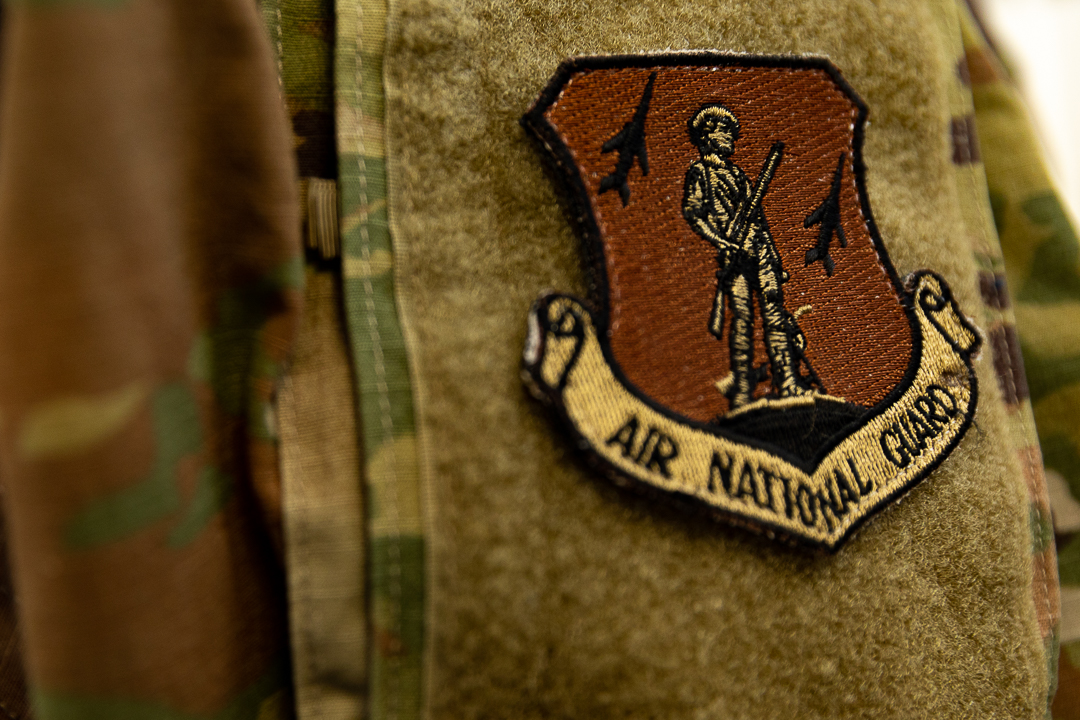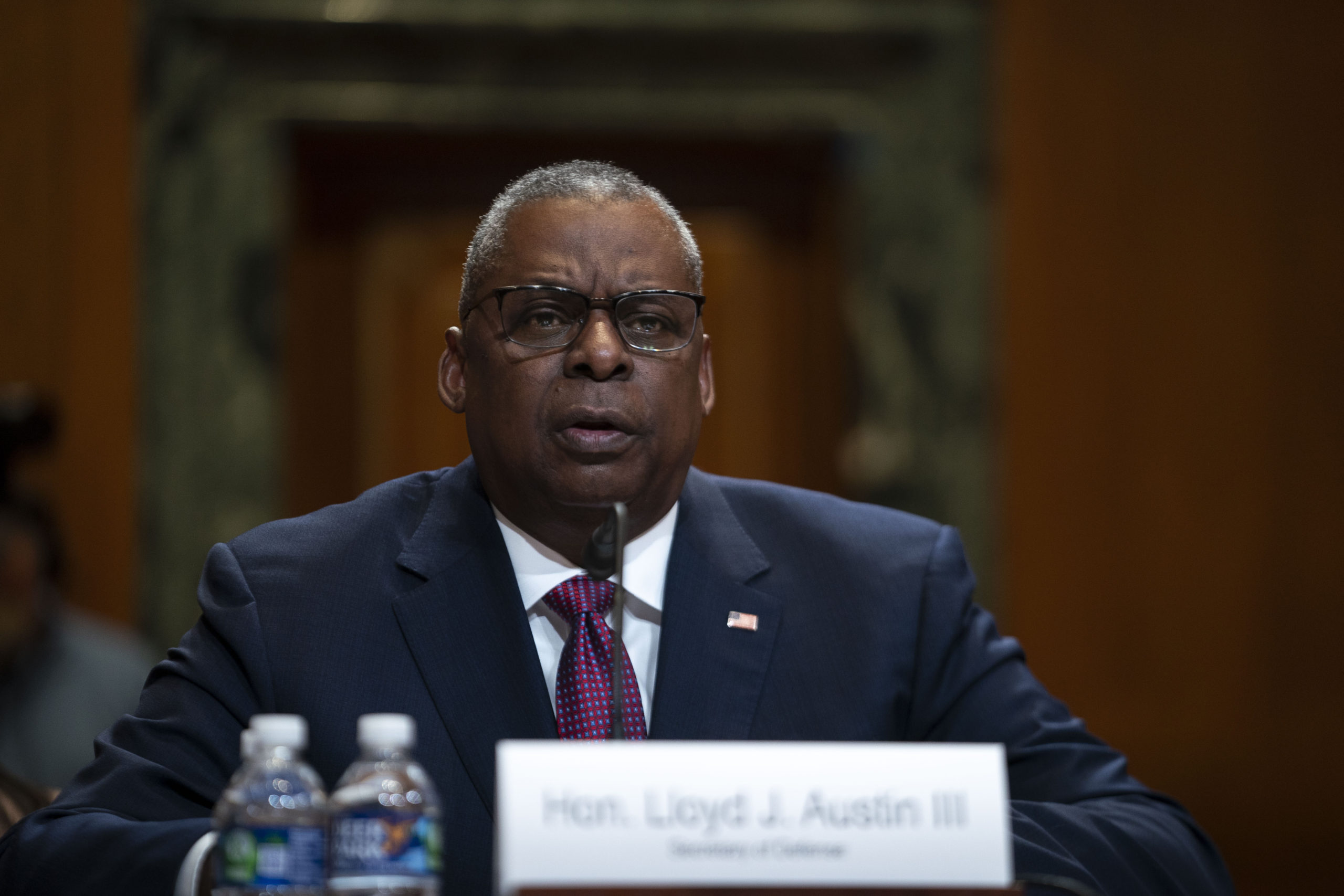The push to secure free health care for members of the National Guard and Reserve components regardless of duty status gained momentum in the past few days, as a bipartisan pair of senators introduced legislation that would expand coverage and First Lady Jill Biden hosted National Guard leaders for discussions at the White House.
The bill, sponsored by Sen. Tammy Baldwin (D-Wisc.) and Sen. Susan Collins (R-Maine) and titled the “Healthcare for Our Troops Act,” would provide premium-free medical coverage to members of the Guard and Reserve and their families through Tricare, the Department of Defense’s health insurance program.
As the moment, eligible members of the Guard and Reserve can purchase plans from Tricare Reserve Select when not on Active-duty orders but must pay premiums under that plan. When on Active-duty orders for more than 30 days, they can get Tricare Prime, an option offered to Active-duty service members and their dependents that requires no out-of-pocket expenses.
Army Gen. Daniel R. Hokanson, chief of the National Guard Bureau, has called securing premium-free health care for Guard members one of his top priorities, framing it as an issue of strategic and moral importance.
Progress on the issue, however, has been elusive. The “Healthcare for Our Troops Act” is actually a companion to similar legislation introduced in the House of Representatives that was introduced back in May 2021—it was referred to the House Armed Services Committee and hasn’t moved since.
Cost remains a key factor. In an interview with Air Force Times in August, Hokanson cited a year-old figure estimating the cost of providing basic Tricare insurance to part-time Guard members at $700 million. That estimate, however, doesn’t include dependents or Reserve members. A 2021 study by the Institute for Defense Analyses estimated the cost of premium-free Tricare Reserve Select coverage between $1 billion and $3 billion.
In 2023, the Pentagon requested $55.8 billion for its Military Health System, with $36.9 billion of it going to the Defense Health Program that in part funds Tricare. That’s roughly in line with the past several years, with at least $34 billion being allocated for DHP every year since 2019.
As things currently stand, Baldwin and Collins’ bill seems highly unlikely to get passed on its own before Congress adjourns and reconvenes for its next session, which would require the lawmakers to reintroduce the bill. With only a few weeks to go, Congress has to tackle a number of high-priority issues such as a government spending bill, the 2023 National Defense Authorization Act, funding for Ukraine and the COVID-19 pandemic, and bills affecting same-sex marriage and the Electoral College.
However, the bill could still become law if it is incorporated into the NDAA, the annual policy bill that is considered must-pass legislation.
Congressional leaders from both parties and both chambers are currently crafting a compromise NDAA for the House and Senate to agree on outside of the usual conference process, so Baldwin and Collins would have to lobby for the bill to be included in discussions instead of proposing it as an amendment on the Senate floor.
While the legislature considers the issue, National Guard leaders also got to make their case inside the White House on Nov. 28 when First Lady Jill Biden hosted National Guard members, spouses, and children for a three-hour event. More than 30 states and territories were represented, and Guard members were able to meet with White House staff to discuss “how best to support the families of all those serving in the nation’s Armed Forces,” according to an NGB press release.
Those discussions included “ensuring all Guardsmen have health insurance regardless of duty status,” the release added.











